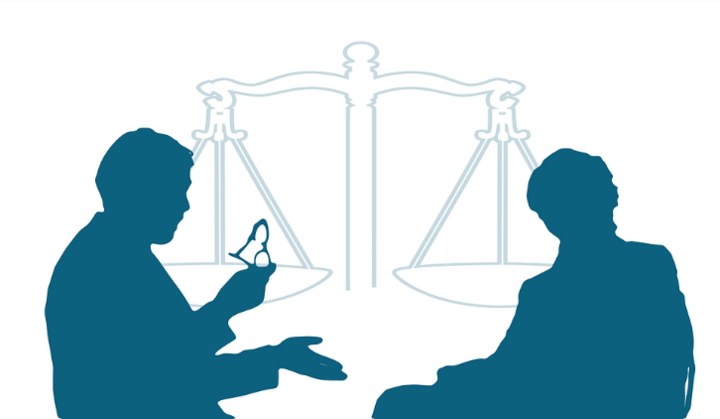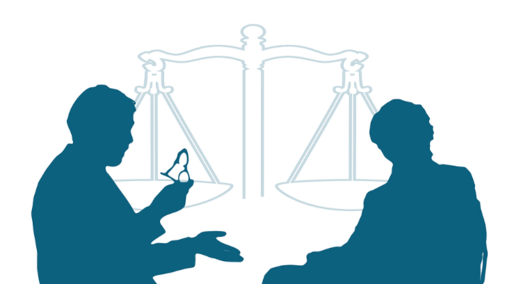From buying new equipment to countering your child’s request to stay up another 20 minutes, everyone negotiates at some point. This series, Gold Star Negotiations, is designed to provide helpful tips and tricks to use and watch out for when negotiating. This week’s topic is The Power of Reciprocity. See more articles in this series.
What is reciprocity?

Reciprocity is the practice of exchanging things with others for mutual benefit. It is a powerful persuasive tool that can be used in negotiations, but with great power comes great responsibility. Consider this example of how it might be used when negotiating. After a long day at work you come home. As you open the mail―sorting out the junk from the important bills―you come across something different. There is a television survey that has been mailed with a letter and dollar bill enclosed. The letter simply states that they would appreciate the survey being filled out and returned, and they have sent you a dollar bill that is yours to keep either way. You sit at the table with the letter in front of you, the survey to the left, and the dollar bill to the right. Deep down you want the dollar bill, but there is this nagging feeling you need to do the survey in order to take it with a clear conscience. If you are like me you break down and do the survey in order to take the dollar bill. Why? There is a subconscious fear of being disliked by society if a like-kind gift is not returned.
Is it a good thing or a bad thing?
With such a powerful persuasive tool there are bound to be issues. Problems arise when unequal favors are requested. Many sales representatives and negotiators want to establish some sort of reciprocity early on in a relationship. Maybe they will buy a lunch or pay a taxi fare. The end result though is to create a situation where the norm of reciprocity kicks in, and you feel that a debt is owed to balance out the kind act. For example, say your banker saw you eating at the diner and asked to sit with you. At the end of the meal the banker paid for your lunch. Now, it is a few weeks later and you are searching for a lender to finance a new tractor. You have requested quotes from five banks. One of the banks happens to be the banker that purchased lunch for you a while back. Their quote is half a percent more than any of the other quotes, but you decide to go with them anyway. Why? Because, in part, you subconsciously feel you owe them. Was a $10-$15 lunch an equal exchange for what could be a difference of $1,000 in interest? No, probably not.
Take Reciprocity for What It Is Worth
The most important thing I can stress when dealing with reciprocity is to identify it for what it is. Don’t be afraid to politely say “No thank you,” or understand that the acceptance of the gift only demands a like-kind repayment in the future. Be trustworthy and reliable yourself. If someone has treated you fairly in an exchange, be fair to them in return. If you feel you are being treated unfairly, let the other party know. Lastly, keep in mind personal and business relationships as it can be hard at times to negotiate effectively for business when dealing with friends.

